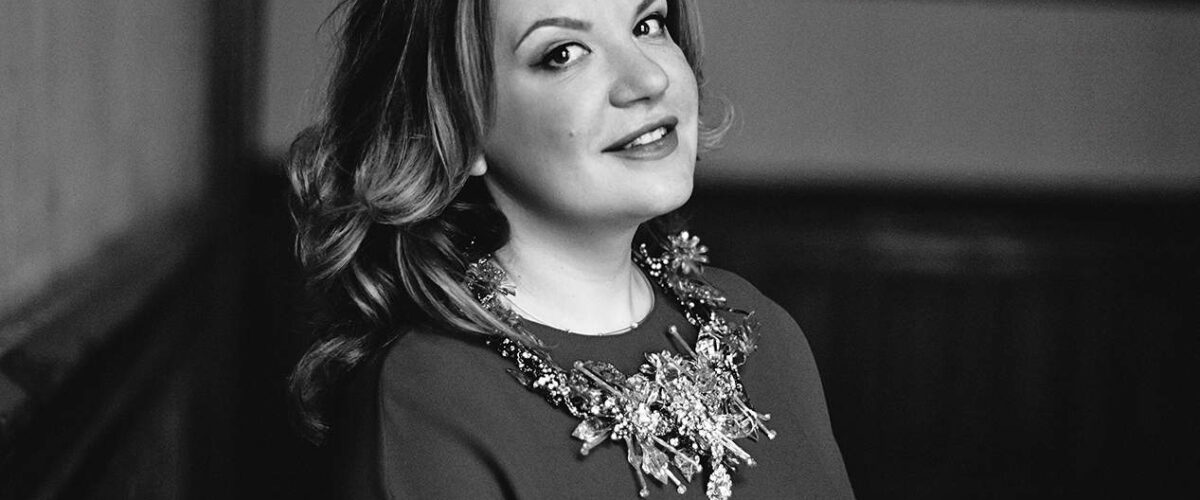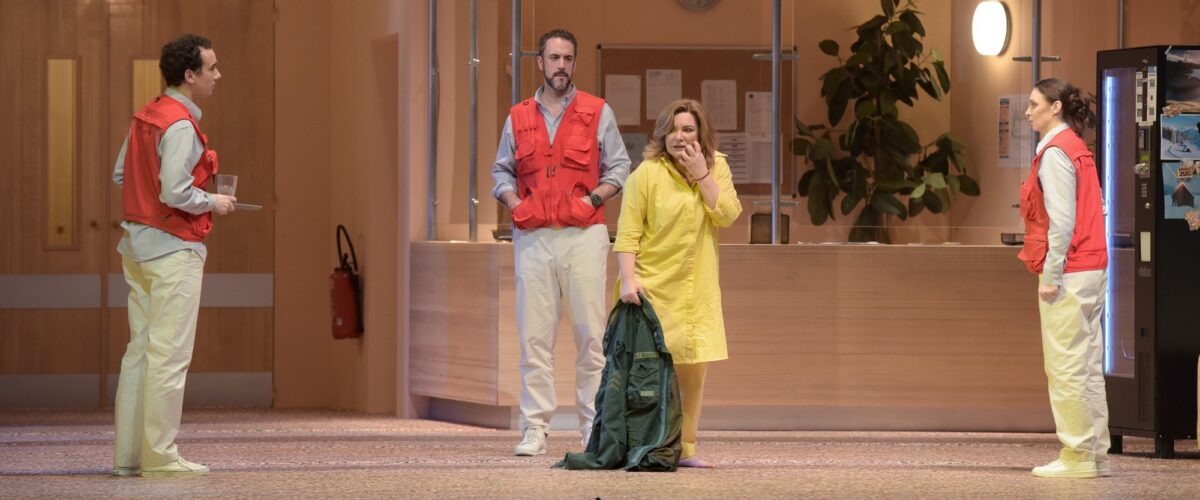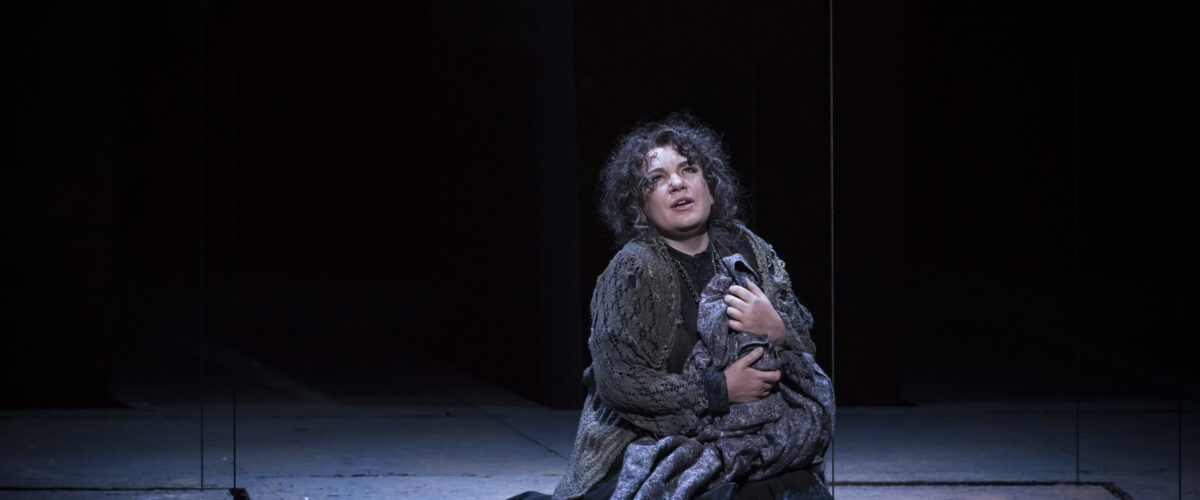TRANSCRIPT
Scofield: The mood of that song by Shotakovich, “Secret Signs”, was very sombre. It suggests a great deal of acceptance of suffering. It makes me think of the word sung by Madame Larina from Eugene Onegin. She sings “Habit is sent us from above, in place of Happiness”. Do you feel that suffering is a frequent theme in Russian literature and operas?
Semenchuk: It’s very usual, and it’s very often you can see people suffering in Russian literature, and in life as well. It’s kind of part of the Russian hobby to suffer. But I think all of us, all humans, we are finding our ways and our own decisions through suffering. Unfortunately suffer is part of our life when we were born.
Scofield: Maybe that’s what has made Russian art and Russian music so great, Ekaterina, because artists do have to suffer, don’t they?
Semenchuk: Yes, we suffer a lot. But at the same time we have wonderful pieces with love and with the great moments of not suffering, and our glorious moments like in Tchaikovsky’s music. [Laughter]
Scofield: I’m so glad you mentioned him, because suffering one’s fate and the role played by fate in life is also a theme that plays a very dominant part in his opera Pique Dame (The Queen of Spades), which has the libretto composed by Tchaikovsky’s brother. And in Pique Dame, he really filled the heroes with fire and tension as they struggle against a life consumed by fate, don’t they?
Semenchuk: Yes, I agree with you. Pique Dame, for me, is the greatest masterpiece of Tchaikovsky. I think Pique Dame is the most dramatic, and have a lot of intimate moments and terribly beautiful music for each personage of this opera of the poem by Pushkin. I think it’s incredible, it’s the quintessence of the vision of the poetry and the sound of the music, let’s say it like that.
Read more about Ekaterina Semenchuk on their OFFICIAL WEBSITE.




